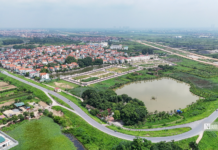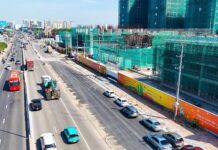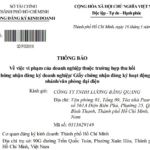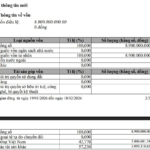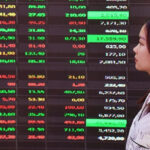Singapore has implemented robust measures to regulate its real estate market, including a stringent property tax regime. Property taxes are carefully managed and categorized into various groups. Specifically, they’ve increased property and stamp duties for second-home buyers to curb speculation.
For subsequent property purchases, Singaporean citizens are taxed at 20%, while permanent residents face a 30% tax rate. Notably, foreigners purchasing any type of real estate are subject to a staggering 60% tax rate.
In addition to purchase taxes, property owners are also required to pay annual taxes based on the property’s annual value, determined by market rental rates. This tax follows a progressive system. Notably, higher taxes are levied on vacant properties to encourage owners to utilize or rent out their properties instead of leaving them unoccupied.
The UK government has also introduced a similar policy of taxing second properties to control the real estate market and curb speculation. Higher tax rates are applied to second homes, and vacant properties are subject to a utility tax from the third year onwards. These policies aim to reduce personal speculation and create a more equitable environment for citizens regarding homeownership.
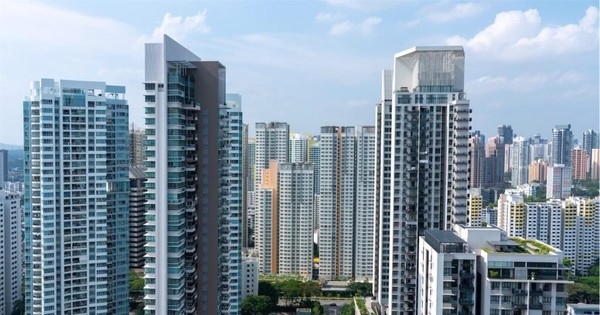
Foreigners purchasing any type of real estate in Singapore are subject to a tax rate as high as 60%. |
Germany boasts a well-structured tax system. If an individual sells real estate within ten years of purchase, they are subject to a speculation tax of up to 45%, depending on the seller’s income level. From 2025, Germany will introduce a new real estate tax system based on property values, with specific rates for each city.
While China has experimented with real estate tax policies, they remain cautious about potential negative impacts on the market, financial stability, and the country’s economy. As a result, they have temporarily halted nationwide implementation. However, major cities like Shanghai and Chongqing have levied taxes on investment properties and high-value real estate, although these regulations are not uniformly applied across the country.
In Vietnam, the implementation of a real estate tax is currently in the research and legislative drafting stages. The Ministry of Finance is working on the Real Estate Tax Law project, expected to be submitted to the National Assembly in October 2024 and passed in May 2025. This law aims to tax second properties and vacant land to promote social equity and curb land speculation.
The current tax system for real estate already includes various taxes, such as tax on non-agricultural land use, personal income tax on property transfers, and value-added tax (if applicable). The personal income tax on property transfers is 2% of the transfer price, while the tax on non-agricultural land use has a progressive tax rate ranging from 0.03% to 0.15%, depending on land area and usage.
Proposals to increase taxes on multiple property owners have been discussed in the National Assembly to regulate the market and curb speculation.
These moves not only help stabilize the market but also contribute to the sustainable development of Vietnam’s real estate market.
Duy Minh


